WHO calls to strengthen emergency medical teams for better response to disasters
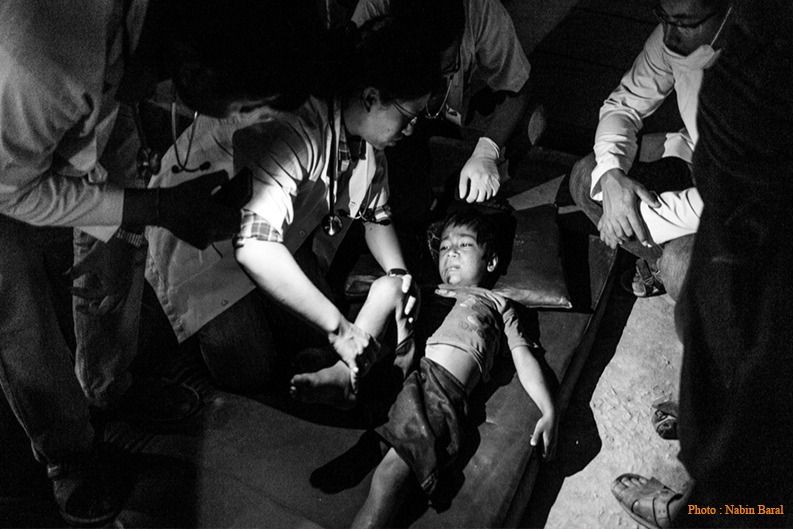
Kathmandu – The World Health Organization today called upon countries to strengthen emergency medical teams, to be better prepared to respond to public health emergencies. “Strengthening national and regional-level emergency medical teams is a high-impact investment in reducing deaths, diseases and disabilities due to disasters, outbreaks and other emergencies. Emergency medical teams contribute to life-saving critical interventions,” said Dr Poonam Khetrapal Singh, Regional Director WHO South-East Asia Region, at the ongoing Regional Committee meeting in New Delhi, India being attended by Ministers of Health and senior officials of the 11-member countries.
Experience from health emergencies in the Region have shown that following a sudden onset disaster, a large number of emergency medical teams (EMTs) or emergency response teams often arrive in the affected country to provide emergency care to affected people. The EMTs are national, international, government, non-governmental, civilian and military. These teams have varied capacities, and their deployment is often not based on assessed needs.
“To be more effective, EMTs need to be standardized, strengthened and well-coordinated,” the Regional Director said.WHO is helping mentor EMTs to improve their capacities in line with international standards. The WHO EMT Initiative aims at supporting countries, nongovernmental organizations, international organizations, by identifying minimum standards, best practices, logistics and standard operating procedures for operating field coordination, for saving lives, preserving health and protecting dignity.
The initiative seeks to improve timeliness and quality of health services provided by national and international EMTs, enhance the capacity of national health system to lead and coordinate such teams. The South-East Asia Region is vulnerable to various disasters and emergencies such as earthquakes, floods, tsunamis, landslides and volcanic eruptions. As per 2016 World Disaster Report, over the past decade the Region disproportionately accounted for 26.8% of the deaths in emergencies.
Prone to natural disaster, the Region has been focusing on scaling up emergency risk management as a flagship priority. Better preparedness has helped saved lives during major disasters such as Nepal earthquake.








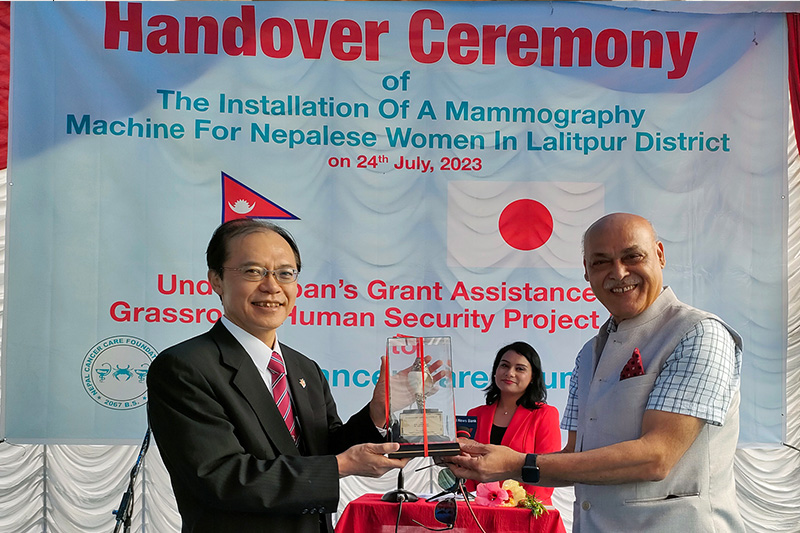
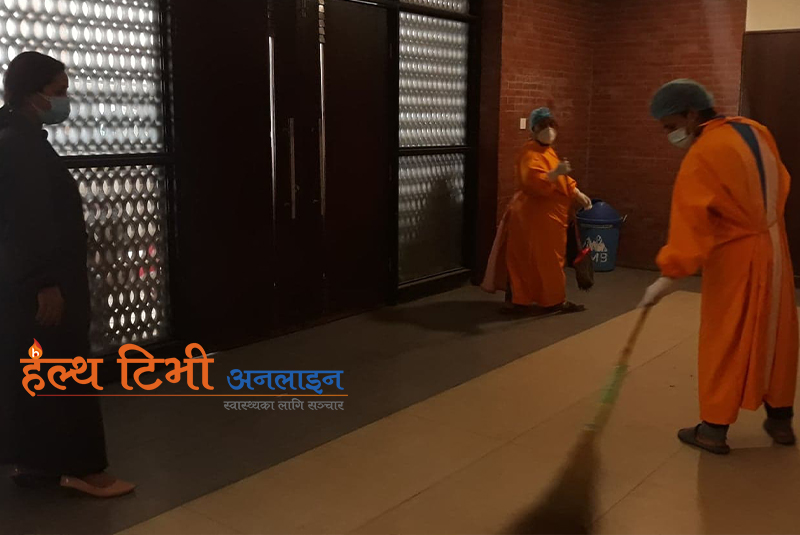



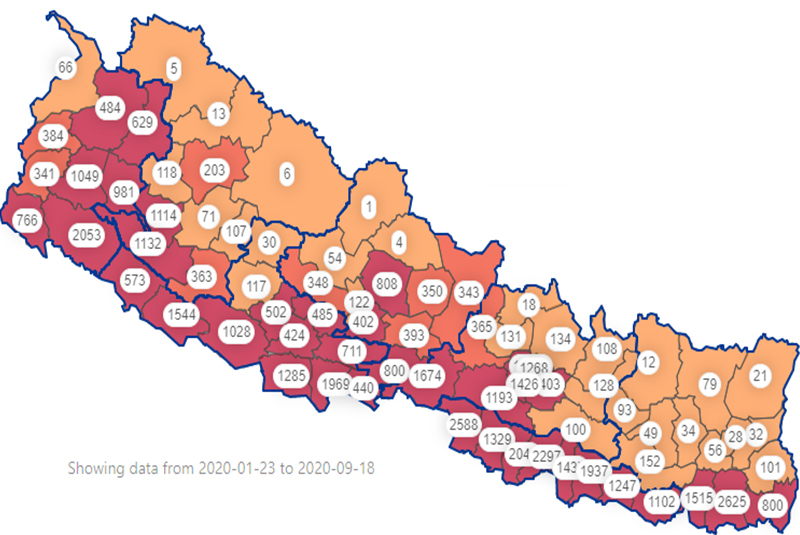
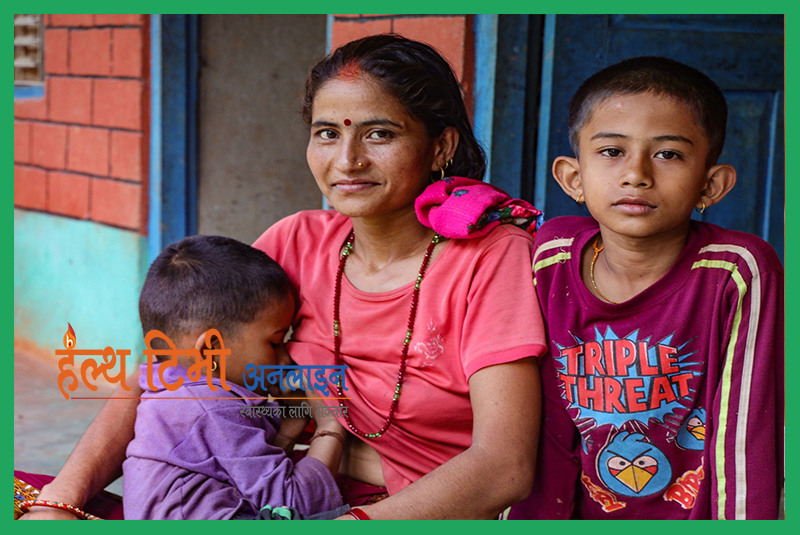
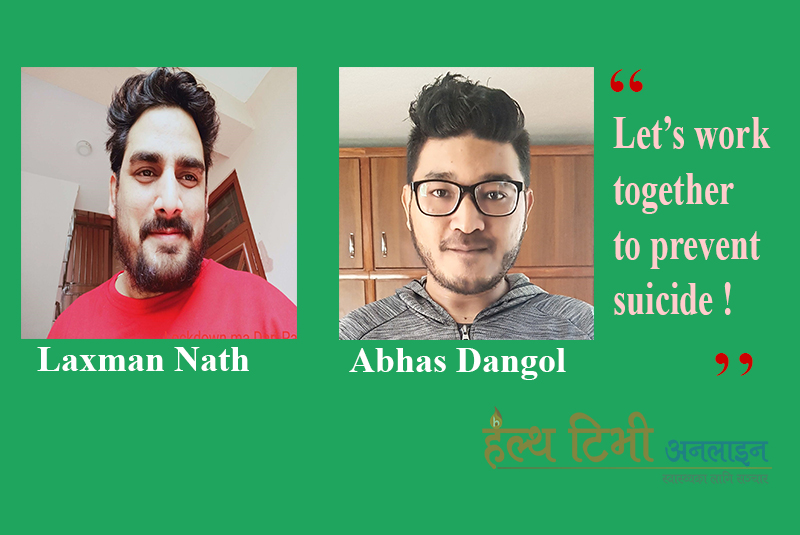
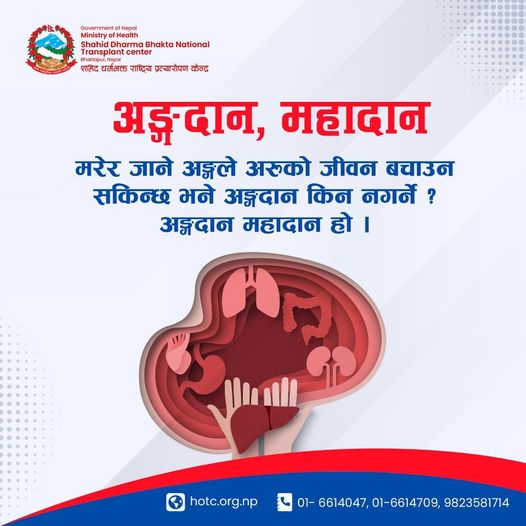
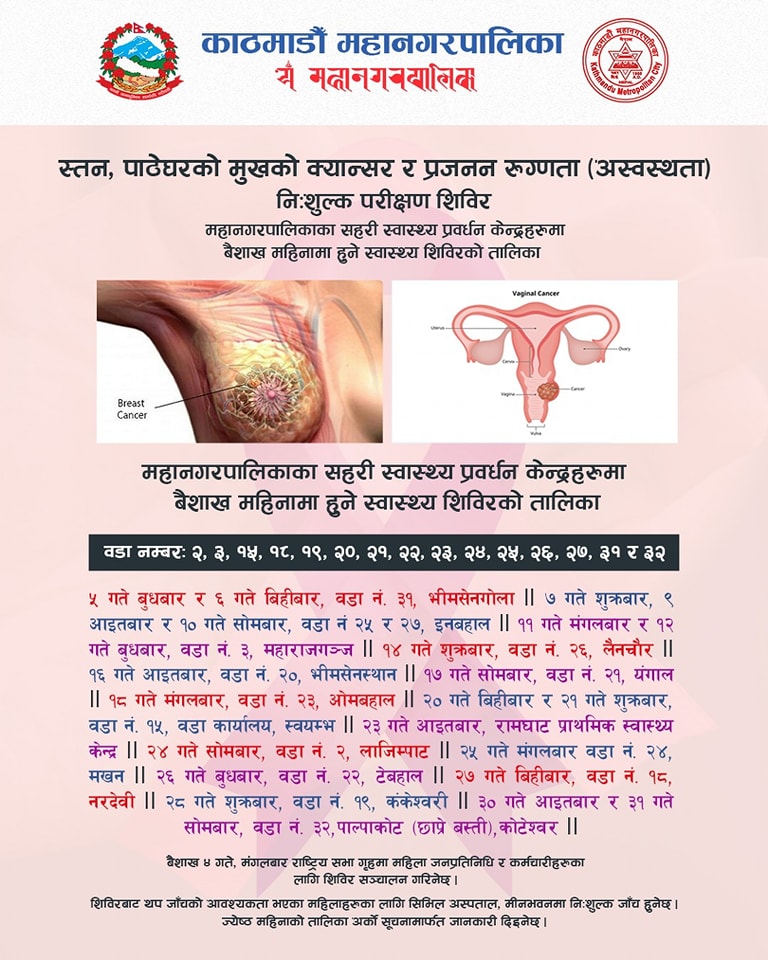
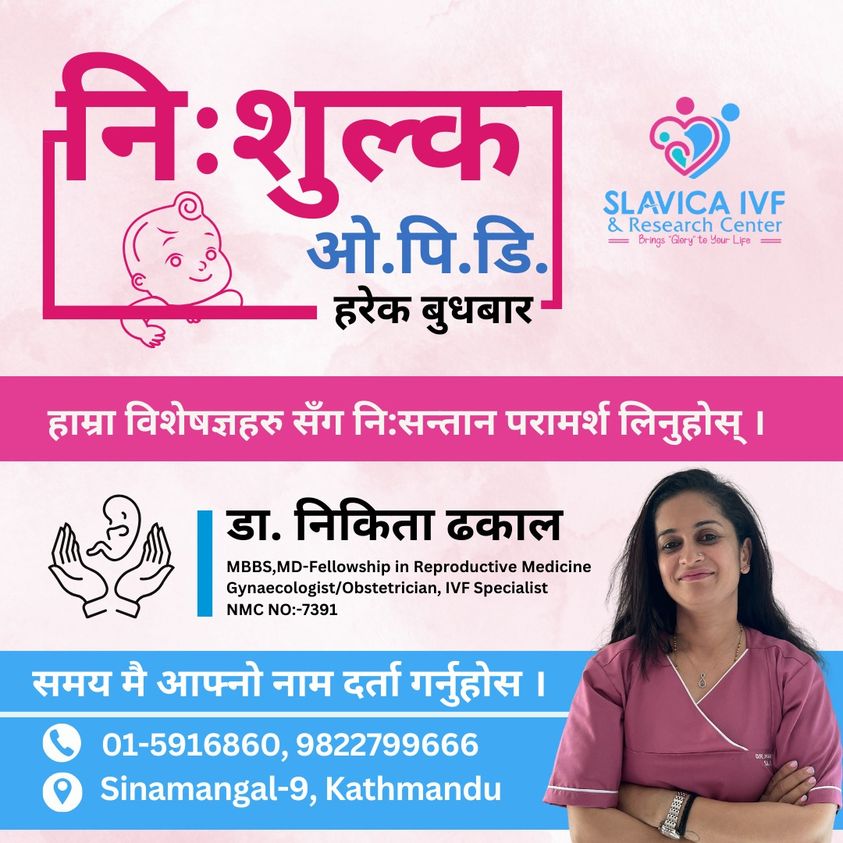
बसाइ नमिल्दा ढाड दुख्ने समस्या !
काठमाडौंमा १७ जना औंलोको बिरामी, सबै आयातित
स्वास्थ्य मन्त्रालयले भन्यो, सरकारी अस्पतालमा काम गर्ने अनि निजीको विज्ञापन गर्न कहाँ पाइन्छ ?
गर्मीमा तातो हावा ‘लू’ बाट कसरी जोगिने ?
राष्ट्रिय प्रत्यारोपण केन्द्र १२ वर्षमा : १२ सय ३१ जनाको मिर्गौला प्रत्यारोपण